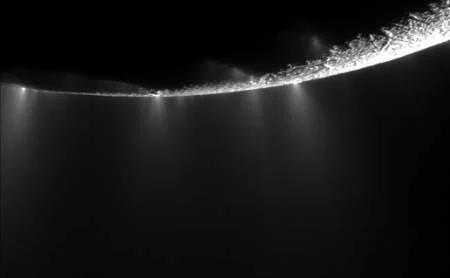In light of last week’s final NASA space shuttle launch, Beijing is stepping up to the plate with aspirations of exploring the Moon, Venus and Mars.
China plans to send a rover to the moon by 2013 and an astronaut by 2020. As the U.S. slows its space initiatives, many are worried that the Chinese may become the leader in space exploration, knocking the U.S. from its long-held top spot.

“Space leadership is highly symbolic of national capabilities and international influence, and a decline in space leadership will be seen as symbolic of a relative decline in U.S. power and influence,” said Scott Pace, an associate NASA administrator in the George W. Bush administration and proponent for sending American astronauts back to the moon.
Some American officials are worried Beijing may try to militarize space because the space initiatives are run by the army. Just four years ago, the Chinese fired a missile at a dead satellite in space, something which sent up a red flag for many officials.
Refuting the idea that the Chinese hope to militarize space, Li Longchen, former editor of Space Probe Magazine said, “Space technology can be applied for both civilian and military use, but China doesn’t stress the military purpose. It has been always hard for humankind to march into space and China must learn the lessons from the U.S.”
Although the Chinese are behind the U.S. in terms of technology and experience, they have a clear plan and the financial resources to back it up.
“One of the biggest advantages of their system is that they have five-year plans so they can develop well ahead,” said the consultant editor for Jane’s Space Systems and Industry, Peter Bond. “They are taking a step-by-step approach, taking their time and gradually improving their capabilities. They are putting all the pieces together for a very capable, advanced space industry.”
The Chinese hope to launch a space station by 2020, the year the International Space Station is slated to close. If the International Space Station does close, it will leave China as the only nation with humans in space.
China sent its first astronaut into space in 2003, forty years after the United States and Russia. The Chinese plan to start with the Moon and then explore Mars or Venus.
“The lunar probe is the starting point for deep space exploration,” states Wu Weiren, chief designer of China’s moon-exploring program, in a 2010 interview.
“We first need to do a good job of exploring the moon and work out the rocket, transportation and detection technology that can then be used for a future exploration of Mars or Venus.”
(Via Associated Press)






